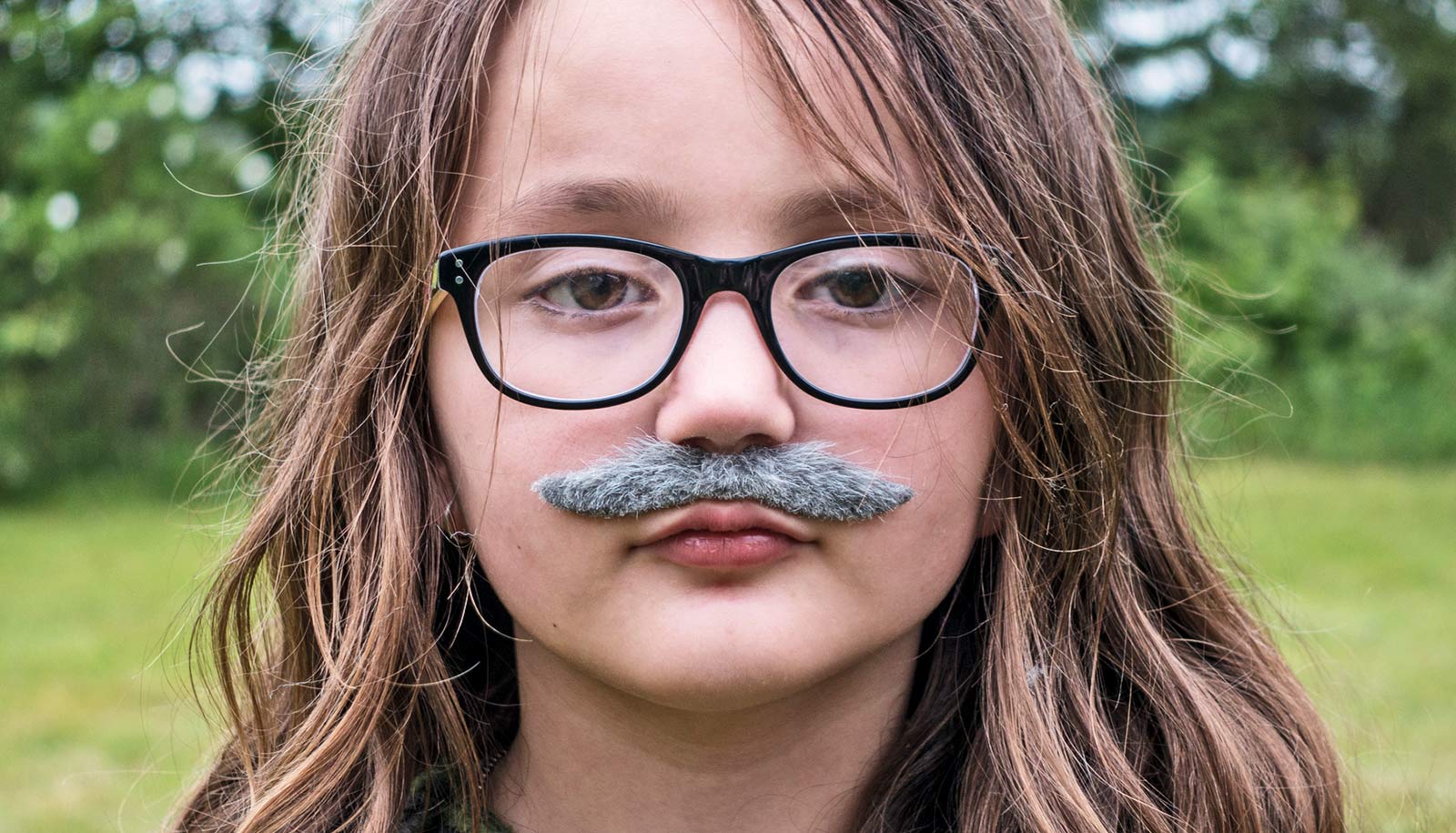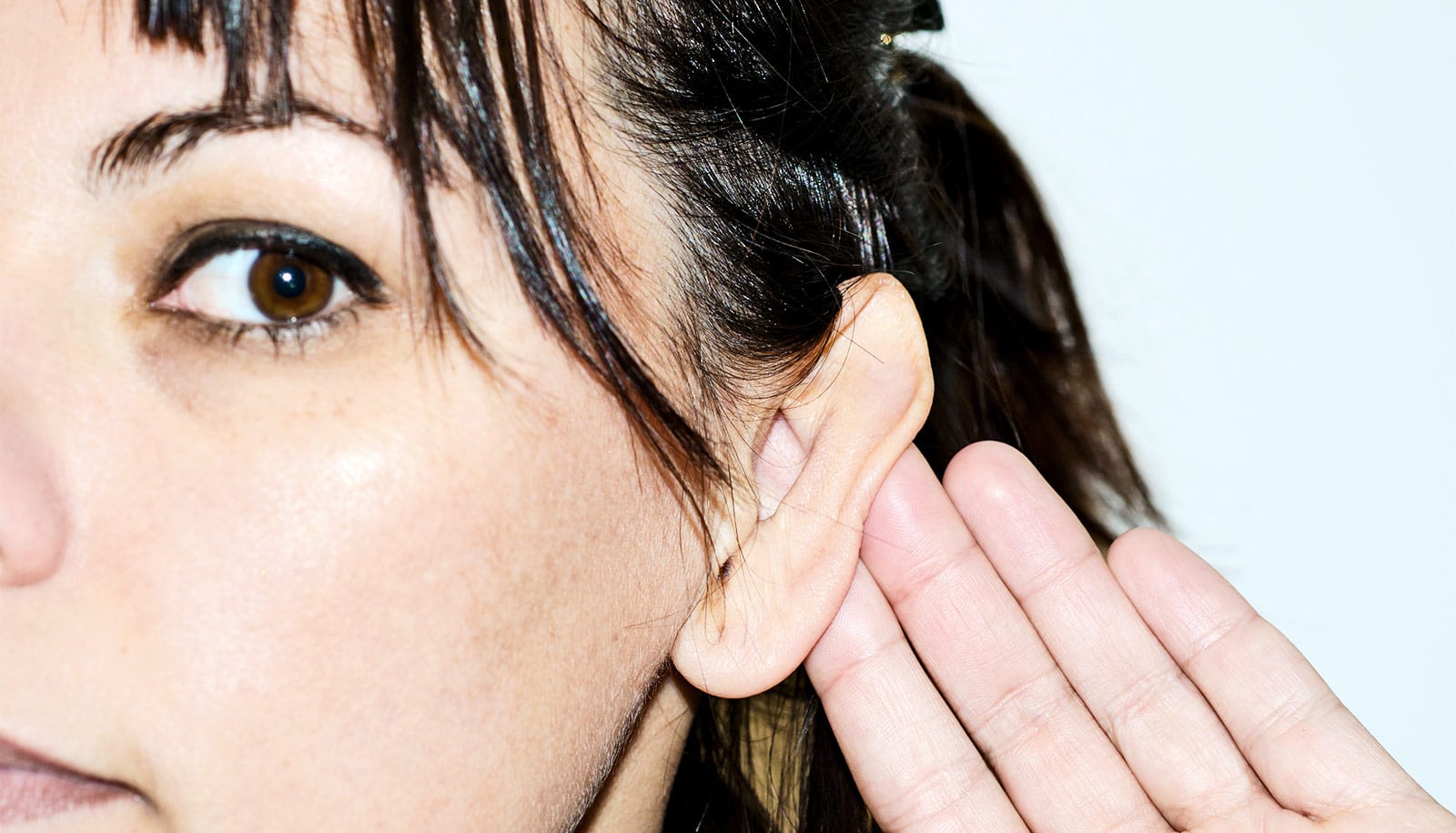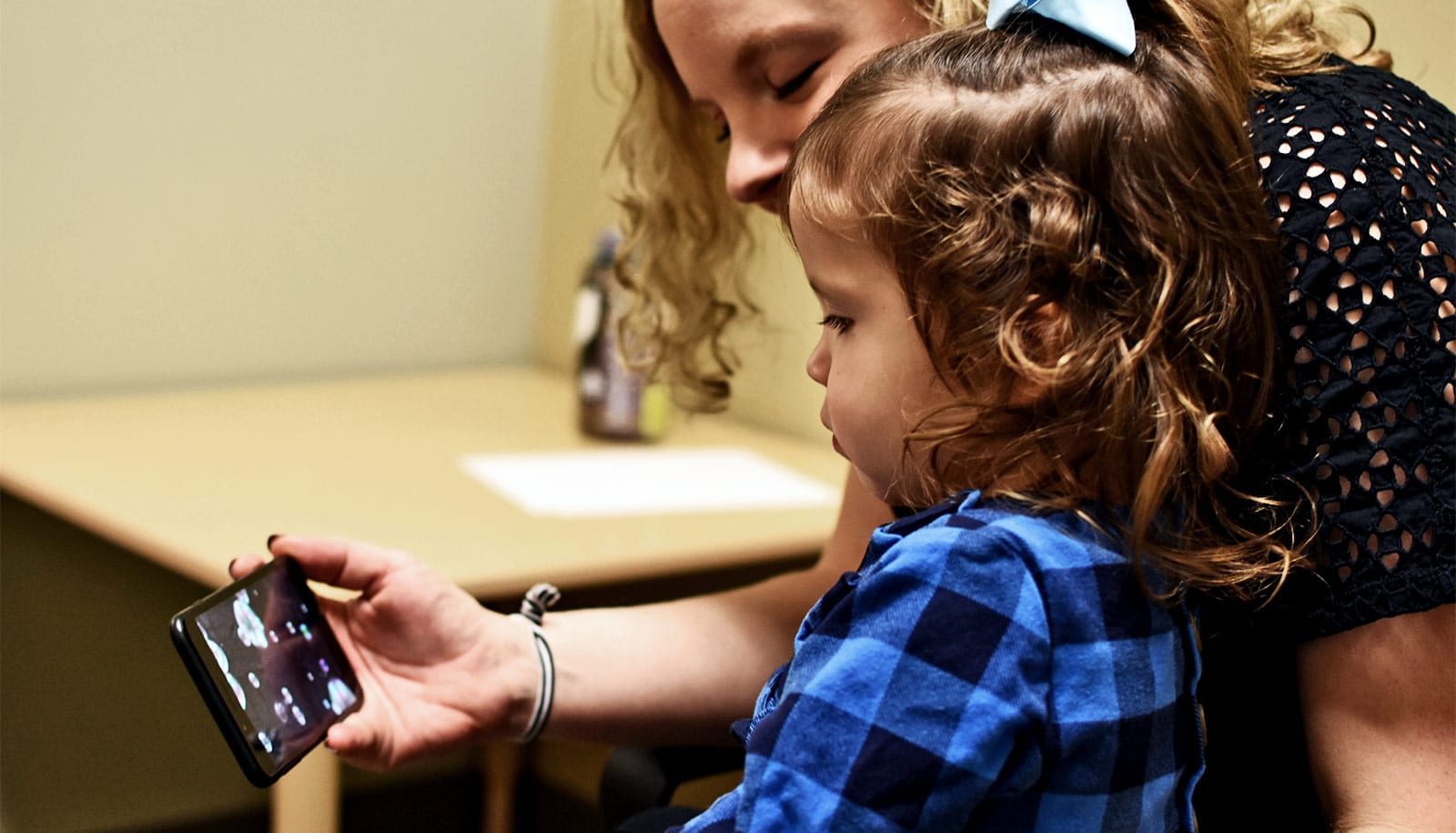Misremembering might actually be a sign your memory is working optimally
Errors don’t necessarily mean your mind is faulty. They may actually be a sign of a cognitive system with limited capacity working efficiently.
Nov. 19, 2021 • ~10 min
Disinformation is spreading beyond the realm of spycraft to become a shady industry – lessons from South Korea
Disinformation is being privatized around the world. This new industry is built on a dangerous combination of cheap labor, high-tech algorithms and emotional national narratives.
Nov. 15, 2021 • ~9 min
The 2021 Nobel Prize for medicine helps unravel mysteries about how the body senses temperature and pressure
The joint award recognizes the long road to deciphering the biology behind the brain’s ability to sense its surroundings – work that paves the way for a number of medical and biological breakthroughs.
Oct. 5, 2021 • ~9 min
Emotion is a big part of how you assess risk – and why it's so hard to be objective about pandemic precautions
How you respond to a risk depends on how you weigh the costs and benefits of an action. The problem is you’re not just a logical computer, and emotions bias your interpretation of the facts.
Aug. 12, 2021 • ~9 min
Our analysis of 7 months of polling data shows friendships, the economy and firsthand experience shaped and reshaped views on COVID-19 risks
Multiple factors determined whether or not individual Americans adopted COVID-19 safety measures, according to statistical analysis of public opinion data.
July 22, 2021 • ~7 min
/
9









